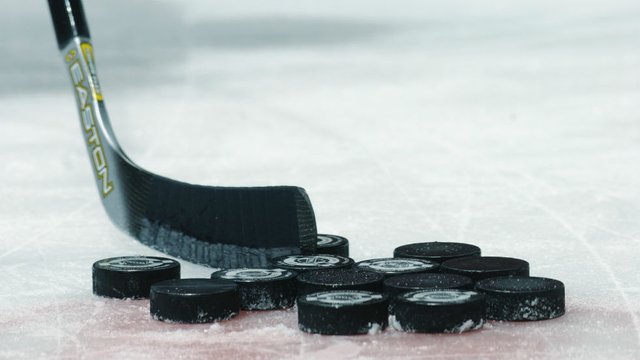Focus on the things you can control.
If you’ve ever been coached by me, taken a camp or lesson from me, or really, just talked to me in general about life then you’ve probably heard me say this phrase.
It’s become one of the motto’s of all aspects of my life.
It doesn’t mean that I’m perfect with it, but it’s definitely something I have really focused on within the last few years.
It’s something that I struggled with for a long time as a player.
When I think about it now, I usually just shake my head.
I wasted so much time and energy worrying about things that I had no control over that it’s borderline crazy.
What’s my coach thinking? Why am I playing with this guy? Will so and so coach, or scout, think I’m a good player?
As players, we’ve all been there.
But the reality is, worrying about things that are out of your control don’t make you feel any better, and they certainly don’t make the actual situation any better.
So how do we work on that skill and truly start only focusing on the things we can control?
You’ll notice that I used the word “skill” in the sentence above because, just like stickhandling, I think training your mind to think this way is truly something you have to consistently work at to develop and become good at.
While I could honestly write for days about this subject, I want to give you three actionable items that will help in nearly every situation.
Put your team first and be a great teammate. I can’t stress enough how valuable this is. If you can always have the mindset of putting your team first and checking your ego at the door, you’ll have less stress as a player because you won’t get stuck in the depressing ups and downs of worrying about things outside of your control. Never feel like you’re above doing something that puts the team first. I think you’d be surprised how far that mindset can take you in hockey and life.
Don’t cut corners and look for the easy way. As my favorite saying goes, “Nothing worth having comes easy.” If you’re looking for the easy way out, you’re not there for the right reasons. Players who cut corners are often the first to make excuses. When in doubt refer to actionable item number one above.
Give yourself an honest assessment. How hard are you really working? Are you fully committed and doing the best you can? I think if we’re being truly honest with ourselves there’s usually always an area that we can give a little more at. Focus on yourself and what you’re putting into the situation instead of worrying about everything else. When you have no regrets, the results are usually always much easier to handle.
The moral of this whole post is that when things get tough, which they will, go back and look at yourself and figure out how you can keep improving, instead of looking at everyone else.
I can tell you from personal experience that it helps take out the huge ups and downs with the game and allows for a more controlled even keel.
Also, remember that it’s always going to be a work in progress and that’s ok. As long as you’re making progress then know you’re headed in the right direction.










